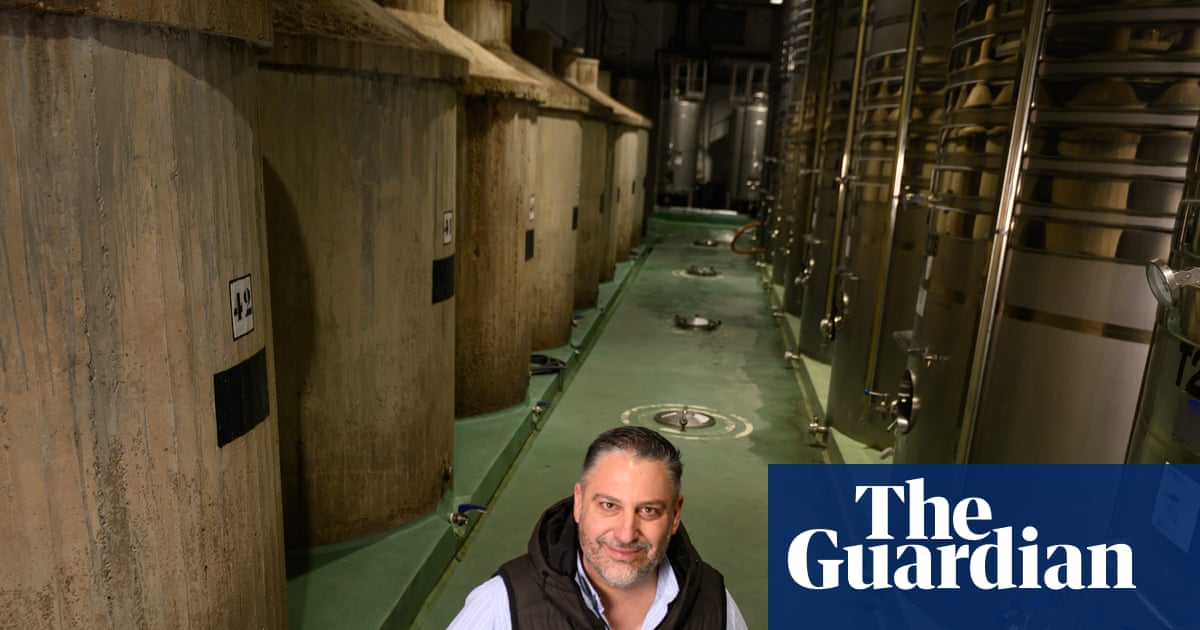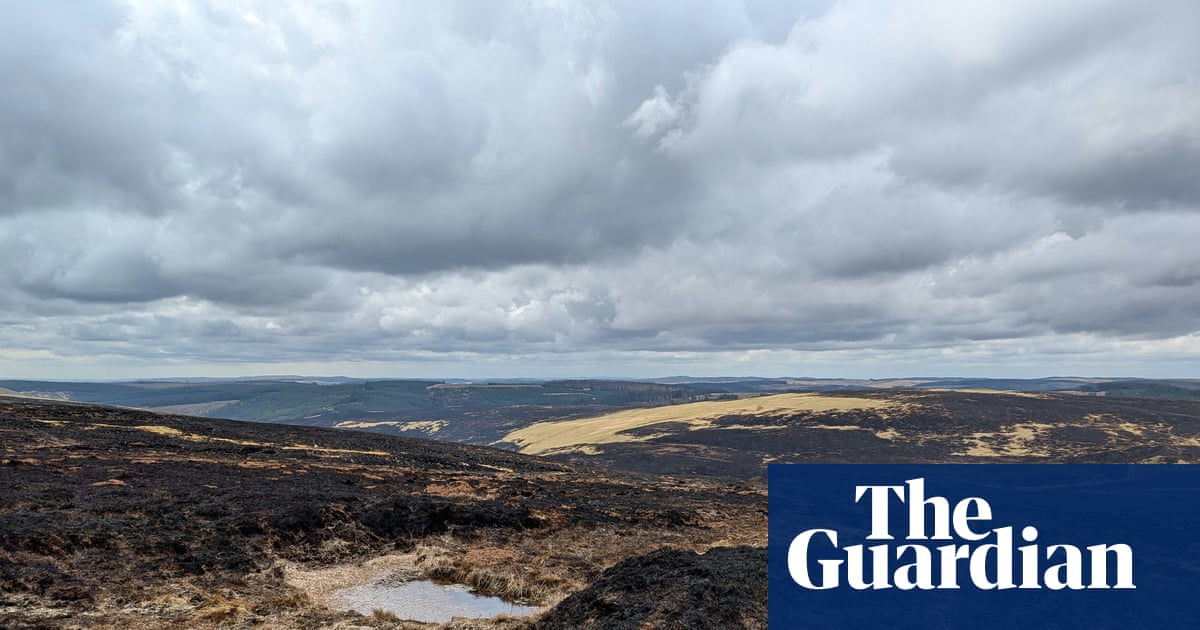More than a quarter of constituencies that have fracking licences in place are in Reform UK seats or target seats, research has revealed, amid rows inside the party over lifting the ban on the shale gas drilling.
A total of 127 constituencies in England and Wales have fracking licences already approved, all of them in the north, research by the Greenpeace-funded journalism website Unearthed found. Of these, 34 are in places where Reform came first or second at the last general election.
While the biggest figures in Reform’s leadership have backed a return of fracking, this sentiment disappears in areas where it could actually take place. In Lancashire, Reform councillors said fracking was not right for the north-west after a series of earthquakes shut it down in 2019, while in Scarborough in North Yorkshire the Reform-led town council voted against planning permission for an oil and gas licence that would have allowed the controversial “proppant squeeze” method, similar to fracking, on the outskirts of the town.
Fracking has been in effect banned in England since 2019, with the last remaining well in Lancashire sealed this year, and the Labour government said it had no plans to reinstate the practice.
A further 11 constituencies in Scotland also had potential fracking sites but the practice was separately banned by the Scottish government in 2015 and there is no expectation that Reform will gain control there.
Richard Tice, Reform’s deputy leader, last week called for the ban to be lifted, describing shale gas as “energy treasure under our feet” and saying it would be “grossly financially negligent to a criminal degree to leave that value underground and not to extract it”.
The MP for Boston and Skegness claimed the earthquakes caused in Lancashire during stints of fracking were only the equivalent of dropping a melon from shoulder height, and told critics to “get real”.
Reform has long maintained its support of the shale gas industry. The party leader, Nigel Farage, said “abso-bloody-lutely” when he was asked in June about whether he would scrap the ban.
Other figures, such as the Reform MP Lee Anderson, whose Ashfield constituency has fracking licences and who has previously said he supported the practice, has remained silent amid the current row.
A poll of 3,000 people carried out by YouGov for the research firm Persuasion UK shows Reform’s own voters are split on the issue. Only 17% of 2024 Reform voters support the fracking ban, while 43% oppose it, though 40% are not sure.
However, among potential voters who Reform would need to win over to gain seats, the picture is less clear. Reform-curious Labour supporters – many of whom live near potential fracking sites in the north of England – were more likely to say they supported the fracking ban, at 27%, versus 22% opposing it. And they were considerably more likely to oppose new fracking licences, with 27% feeling strongly against them, compared with only 8% strongly in favour.
People living near the Preston New Road site in Lancashire experienced earthquakes during fracking attempts in 2011, 2018 and 2019, with more than 200 reports of damage across the town of Fylde.
Drilling was halted after a series of tremors, including one measuring 2.9 on the Richter scale.
On Tuesday, Tice said: “In Lancashire, yes, there was an issue but when you talk about an earthquake, if you move your chair back and stand up, you’ve created an earthquake – about 0.5 on the Richter scale. Don’t be ridiculous, that’s not an earthquake, that’s standing up and moving your chair!
“If you stand up and drop a melon from your shoulder height, and that hits the ground, you create a seismicity of 2.0. That is not an earthquake – that’s the equivalent of a bus going past your door. Get real!”
Environmental campaigners, including Greenpeace, point to local hazards and climate risks in their opposition to fracking, which is a common practice in other parts of the world, particularly in the US where communities have experienced problems such as methane leakage, water contamination and toxic pollution.
Greenpeace UK’s head of politics, Ami McCarthy, said: “Farage is threatening more than a political earthquake. The real-life tremors that Reform’s plans for fracking risk creating could send seismic waves through the ground and homes of the very people he needs to woo in order to get into power.
“Fracking failed in the UK because this destructive industry is deeply unpopular and was vehemently rejected by the British public. That so many fracking licences are in the seats Farage needs to win, where many potential Reform voters – and even Reform-led councils – would oppose the plans, shows that this idea is just a divisive distraction.
“Voters lured by Reform’s promise of change will realise that all they really offer is higher bills for us and bigger profits for their fossil fuel funders.”

 3 months ago
67
3 months ago
67

















































